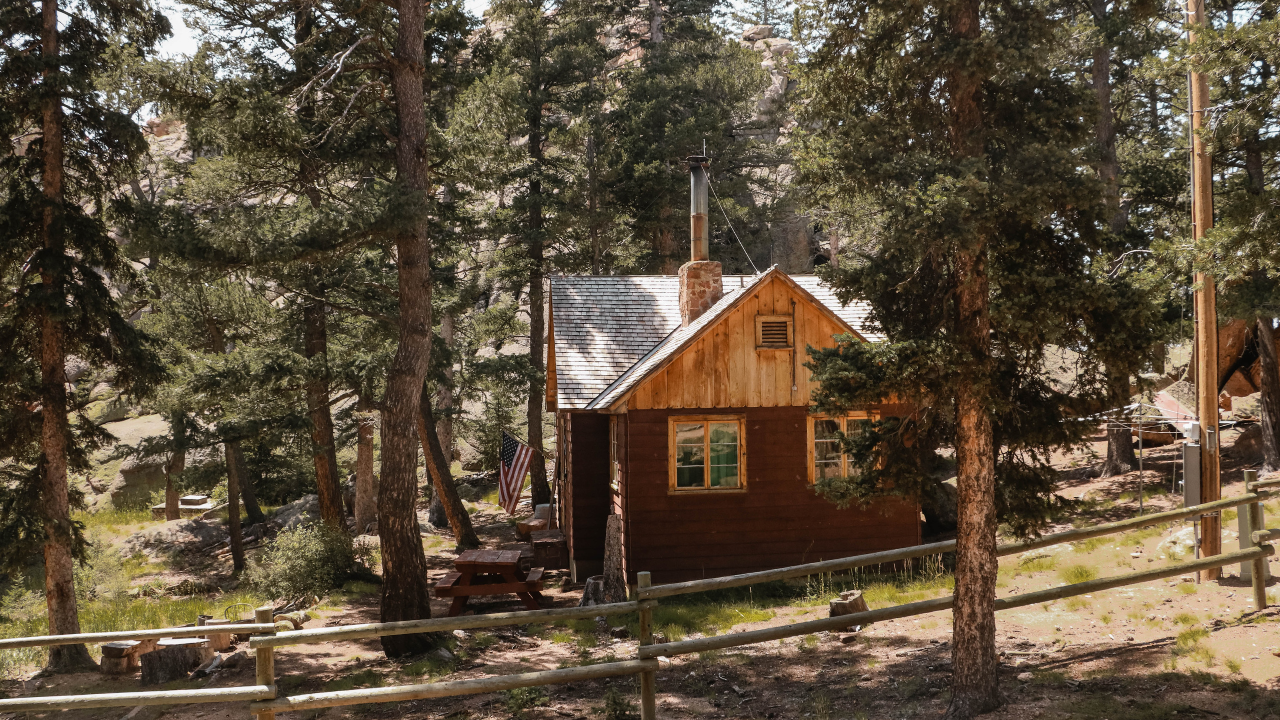Are you a landlord in Colorado who is finding yourself on the hunt for the right insurance policy? There are many regulations and guidelines landlords need to be aware of when owning rental property. Finding an adequate insurance policy with coverage that meets your needs can be overwhelming and confusing.
Fortunately, there are steps you can take to help sort out which landlord insurance policies, options, coverage levels, and premiums best suit your individual situation and goals.
This article provides some expert tips on how to choose the right landlord insurance policy, so you have peace of mind as a property owner in Colorado.
What Is Landlord Insurance, And What Does It Cover in Colorado?
Landlord insurance is a type of policy that provides coverage for rental property owners in the event of damage to their rental property, loss of rent due to tenant displacement, and other incidents associated with renting out your property. Typically, landlord insurance policy will cover things like:
• Property damage: This can include any damage to the property caused by things like fire, vandalism, wind or hailstorms, and other natural disasters. Coverage may also include the cost to repair or replace any personal belongings damaged in the incident.
• Liability coverage: This provides protection from lawsuits if someone is injured on your property or if you are sued for negligence as a landlord. Liability insurance also covers defense costs, and any other legal fees associated with the claim.
• Loss of rent: This coverage will provide reimbursement for lost income due to tenant displacement caused by an insured event like fire, natural disaster, vandalism, etc. It may also cover income lost while you wait to find a new tenant.
• Optional coverages: Landlord insurance can offer additional coverage depending on where your rental property is located and the potential risks. Some examples of additional coverage options include insurance for lost rent, damage caused by natural disasters, liability for injuries sustained by tenants, and coverage for personal property items like furniture or carpets within the rental unit.
How Do I Know If I Need Landlord Insurance in Colorado?
In Colorado, landlords need to maintain rental property insurance. Landlord insurance is designed to protect you as a landlord from financial losses related to renting out your property. It's important to understand that this type of policy will not cover the tenant's personal belongings or any liability for their actions.
To determine if you need landlord insurance, consider the value of your property and its contents. If you own a large rental property or multiple properties, it's usually recommended that you carry landlord insurance to protect yourself from any potential losses in case a disaster strikes.
Things to Consider When Choosing a Landlord Insurance Policy in Colorado
When looking for the best landlord insurance policy in Colorado, there are several important things to take into consideration.
Coverage of the policy
It's essential to ensure your policy provides adequate coverages for all potential risks associated with owning a rental property. Make sure you understand the types of incidents that are covered as well as the limits and deductibles for each type of coverage.
Cost of the policy
When comparing insurance policies, it's important to consider the overall cost of coverage and any additional fees and deductibles. While it may be tempting to choose a policy based solely on price, make sure you understand what is included in that price before making a final decision.
You should also research discounts or exclusive offers from different providers that could reduce your premiums and determine if those savings are worth sacrificing certain coverage levels or features of the policy.
Reputation of the insurance company
The reputation of an insurance provider is incredibly important when choosing a landlord insurance policy. Make sure to research customer reviews and ratings online to get a better idea of how the company treats its customers.
It's also helpful to speak with other landlords or rental property owners who have used the provider in the past and can offer insight into their experience.
Consider the claim process
It's important to understand how your insurance provider handles claims before signing up for coverage. Make sure you know what steps need to be taken to file a claim, what type of information is needed, and any deadlines that apply. Additionally, research the turnaround time for processing claims and make sure it's acceptable for your situation.
Customer service of the carrier
The quality of customer service an insurance company provides is essential for ensuring your needs are met quickly and effectively. Make sure to find out about the availability of customer service representatives, their level of knowledge, and any additional support that may be offered.
Additional benefits of the insurance plan
Look for additional benefits that could be included with your policy, such as home inspection discounts, rental property management assistance, or legal advice and representation. These extra rewards can provide valuable assistance when dealing with the complexities of owning a rental property.
Payment options
Make sure to look at the payment options offered by each insurance provider you're considering. Most companies offer an annual premium payment plan, but some may also offer a monthly or quarterly payment plan. Additionally, determine if discounts are offered for paying upfront or in advance of the policy term. This will help you determine which payment option best fits your budget.
The cancellation policy
Before signing up for a policy, make sure to understand the cancellation policy of the insurance provider. Some companies may require a specific notice before canceling a policy, while others might charge an additional fee if you decide to cancel early.
Knowing the details of how and when you can cancel will help ensure you don't incur any unexpected costs or penalties if needed.
Coverage endorsements
Coverage endorsements are special add-ons that provide coverage for certain risks, such as water damage or theft. Make sure to research what endorsements are available and determine if any of them would be beneficial for your specific situation.
Additionally, find out if there is an additional cost associated with the coverage endorsement so that you can factor this into your decision-making process.
Property management
If you're using a property management company to oversee your rental properties, ensure that they have adequate coverage under their own insurance policies and that it meets your needs as a landlord. It's also important to determine whether additional coverage is needed for items such as tenant screening or background checks.
Renewal Policy
Find out what the renewal process is for your insurance policy before committing to a provider. Ensure you understand any changes that may be made to the coverage or premiums when renewing and whether there will be extra fees associated with renewing the policy.
In addition, it's essential to know if automatic renewal is an option and how much notice you need to provide if you decide not to renew.
By doing your research and comparing policies from different providers, you can find the best landlord insurance policy for your needs. Doing so will help ensure that you have adequate protection for your rental property investments and peace of mind for years to come.
How Can You Save Money On Your Landlord Insurance Policy in Colorado?
When looking for a landlord insurance policy in Colorado, there are several ways to save money. The first step is to shop around and compare different policies from various insurance providers. Comparing prices will help you identify the lowest rate available and ensure you're getting the best value for your money.
Another way to save money is to take advantage of any discounts available. Look into multi-policy discounts if you have other types of coverage, such as car or life insurance with the same provider. Additionally, some companies may offer additional discounts for having certain safety features installed in your rental units or for being a long-term customer.
You can also save on premiums by increasing your deductible amount. When choosing an appropriate deductible, consider the risk level for your rental properties and the coverage you need. A higher deductible may lead to lower premiums but could also leave you exposed in case of an unexpected event.
Finally, review your policy annually and ensure it still meets your needs. Look out for any changes to the coverage or any added fees implemented since you first purchased the policy. This will help ensure you get the best value for your money over time.
By following these tips, landlords in Colorado can save money on their landlord insurance policies without compromising on the essential coverage.
Looking for the Right Landlord Policy in Colorado? Contact Us Today
At Badger Insurance Advisors, we understand the unique needs of landlords in Colorado and are dedicated to helping you find the best landlord insurance policy for your situation.
Our experienced team of advisors will take the time to evaluate your specific needs and coverage requirements, thoroughly research options from multiple providers, and help you make an informed decision. With our expertise and years of experience in tenant-landlord relationships, we can provide all the support needed to ensure that your rental properties are fully protected.
Contact us today to learn more about how Badger Insurance Advisors can help with finding the right landlord policy for you!
Kevin Volz
Agency Principal











